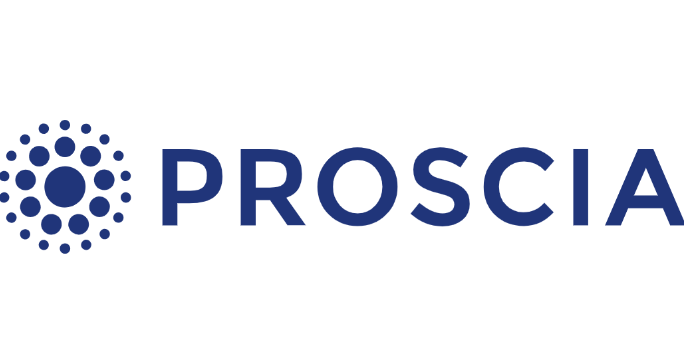
Oct. 2, 2024 – On Oct. 2, Proscia launched Concentriq Embeddings and the Proscia AI Toolkit, enabling life sciences organizations to accelerate the discovery and development of novel therapies and diagnostics. Integrated into Proscia’s Concentriq platform, Concentriq Embeddings delivers a collection of pathology foundation models to AI developers and research scientists, allowing them to leverage their organization's large proprietary datasets and execute models in routine workflows.
“It’s an exciting time at the intersection of medicine and technology. The proliferation of digital pathology and explosion in capabilities of today's AI models bring a totally new scale to how to develop therapies and diagnose patients,” said David West, CEO of Proscia. "We’re approaching a world where experiments that once took years can now be run in silico in a matter of days, and life-saving treatments that reach only a fraction of patients today could soon reach everyone."
Transforming AI Development in Pathology
Enabled within Proscia’s Concentriq platform, Concentriq Embeddings allows pathology and data science teams to generate high-dimensional numerical representations — embeddings — from whole slide images. These embeddings are initially derived from four powerful foundation models — DINOv2, PLIP, ConvNext, and CTransPath — with plans to continuously add new models as they evolve. This ensures that researchers always have access to the latest state-of-the-art tools and can experiment with multiple models in parallel, which further enhances downstream performance and improves the accuracy of biomarker discovery and other critical tasks. Researchers can also select the best foundation model for their specific needs, with applications ranging from image classification and segmentation to risk scoring and multimodal data integration, supporting rapid prototyping and large-scale AI model development directly within the Concentriq platform.
Immediate Access to Data
With pathology data already stored within the Concentriq platform, teams can leverage this data instantly for AI development, eliminating the need for time-consuming data migration, external processing, and image format standardization. This tight integration with existing data infrastructure allows organizations to immediately generate embeddings and rapidly iterate on AI models, cutting development time and enabling faster experimentation. The platform is further enriched by Proscia’s real-world data (RWD) offering providing access to high-quality, diverse multimodal datasets that empower researchers to build more accurate and clinically viable AI models.
Proven Performance and Scalability
During pilot programs with a top CRO and a top pharmaceutical company, Concentriq Embeddings demonstrated its ability to significantly accelerate AI development. In one internal case study, data scientists developed algorithms 13x faster, generating 80 AI-based breast cancer biomarker prediction models in under 24 hours. In a production setting, pharmaceutical companies can reduce AI development time from weeks to hours—allowing therapies to reach patients much sooner.
Accelerating AI Adoption
Proscia is catalyzing innovation in digital pathology by not only delivering cutting-edge technology but also fostering a collaborative environment where developers and data scientists can build upon each other’s expertise. To complement Concentriq Embeddings, Proscia is introducing the Proscia AI Toolkit—a suite of open-source resources designed to empower the life sciences community and accelerate AI adoption.
Developed and refined by Proscia’s expert AI R&D team, these tools have been instrumental in fueling internal AI development, and now, they are being shared with the broader community. The Proscia AI Toolkit includes:
- A Python client for seamless API integration with Concentriq Embeddings.
- Comprehensive tutorials paired with Python code in Jupyter Notebooks, enabling users to learn and implement AI quickly.
- A growing library of helper functions for tasks like image tiling and organizing API outputs, reducing the complexity of common processes.
These resources are designed to help teams rapidly integrate Concentriq Embeddings into their workflows, allowing them to focus on building and refining AI models instead of navigating technical hurdles. Moreover, the growing community of Concentriq users is encouraged to contribute their own tools, expanding the library with new techniques and innovations. This collaborative, community-driven approach will not only enhance the implementation of foundation models but also broaden the use of AI — whether building, visualizing, or deploying models—across the Concentriq platform.
By accelerating the development of novel AI solutions in the life sciences, Proscia’s AI Toolkit plays a critical role in unlocking faster, more impactful advancements in AI-driven pathology.
“This is truly powerful technology,” said Julianna Ianni, VP of AI Research & Development at Proscia. “Concentriq Embeddings not only accelerates AI development but will spark a new wave of innovation in pathology. It empowers teams to achieve breakthroughs faster and at a scale we’ve never imagined before, setting the stage for transformative advancements in both research and patient care.”
For more information, visit proscia.com

 August 29, 2024
August 29, 2024 








